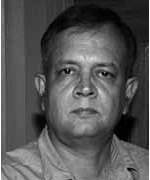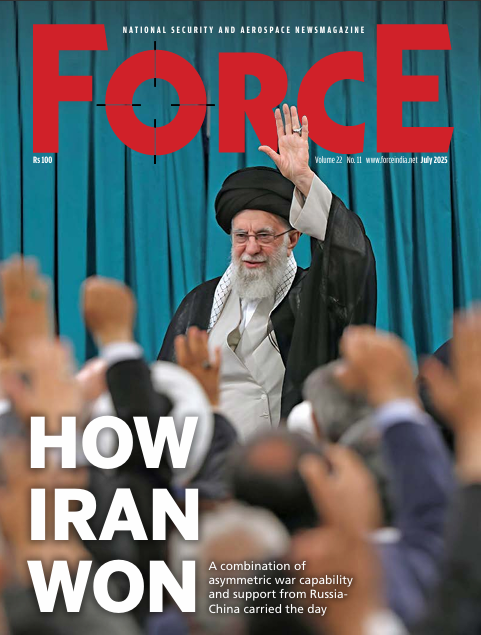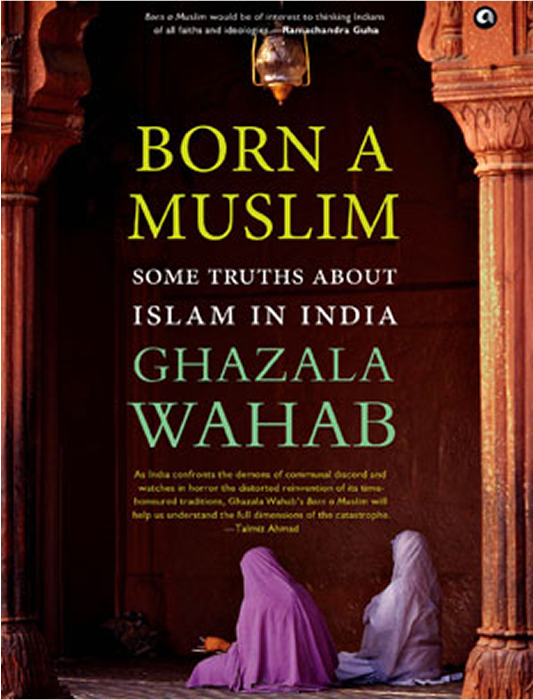Guest Column | In Circles
 Radhavinod Raju
Radhavinod Raju
The United States had been conducting secret negotiations with the Taliban over the last few months to bring an end to the Afghan insurgency, and enable it to withdraw with some sense of achievement. Both the Karzai government and Pakistan were uncomfortable with the United States for not taking them along in these discussions. The Pakistanis have been looking forward to the end game in Afghanistan, hoping to secure a place on the high table with their hold over the Quetta Shura and the Haqqani network, while Karzai would feel threatened with this move of the United States which might render him irrelevant in the near future. Afghan and Pakistani officials have often stated that efforts by Washington to make peace with the militant group are bound to fail without the involvement of Kabul and Islamabad.
So what happens? According to reports, someone from the Afghan government of President Karzai leaked the information about the secret talks, including the name of the Taliban interlocutor Tayyeb Aga, who promptly fled the scene fearing for his life. Then late September suspected Haqqani network terrorists attacked and laid siege to Kabul for about 20 hours, directing their attacks on the United States’ embassy and the NATO headquarters.
The US officials suspect that Pakistan’s powerful spy agency ISI was in league with Taliban elements in executing this attack in Kabul against the US embassy and NATO headquarters, according to the Wall Street Journal. Moreover, Afghan intelligence expert believe that the Kabul siege ‘was designed by the Haqqanis to kill as many Americans as possible and that Pakistan’s Inter-Services Intelligence (ISI) unit directly trained the Taliban affiliate and aided them in pulling it off’.
The US officials agree with this assessment. They say that the ISI has aided Haqqani attacks in Kabul in the past. The US has warned Pakistan they would face stronger action if the Haqqanis are not reined-in, in Pakistan’s tribal areas and threatens to stall normalisation of frayed bilateral relations. However, in a NATO conference of defence chiefs in Seville in Spain, in which the Pakistani Army chief Ashfaq Parvez Kayani was honoured with an award, the General ruled out any imminent full scale action against the Haqqani network in North Waziristan. According to a statement, issued during the conference, the General ‘reiterated the resolve and commitment of Pakistan in the struggle against terrorism while underlining Pakistan’s sovereign right to formulate policy in accordance with its national interests and wishes of the Pakistani people’.
United States officials, including defence secretary Leon Panetta and their ambassador to Pakistan, Cameron Munter, have queered the pitch by warning Pakistan of ‘doing everything possible to end the threat posed by the network, the most potent
Subscribe To Force
Fuel Fearless Journalism with Your Yearly Subscription
SUBSCRIBE NOW
We don’t tell you how to do your job…
But we put the environment in which you do your job in perspective, so that when you step out you do so with the complete picture.








